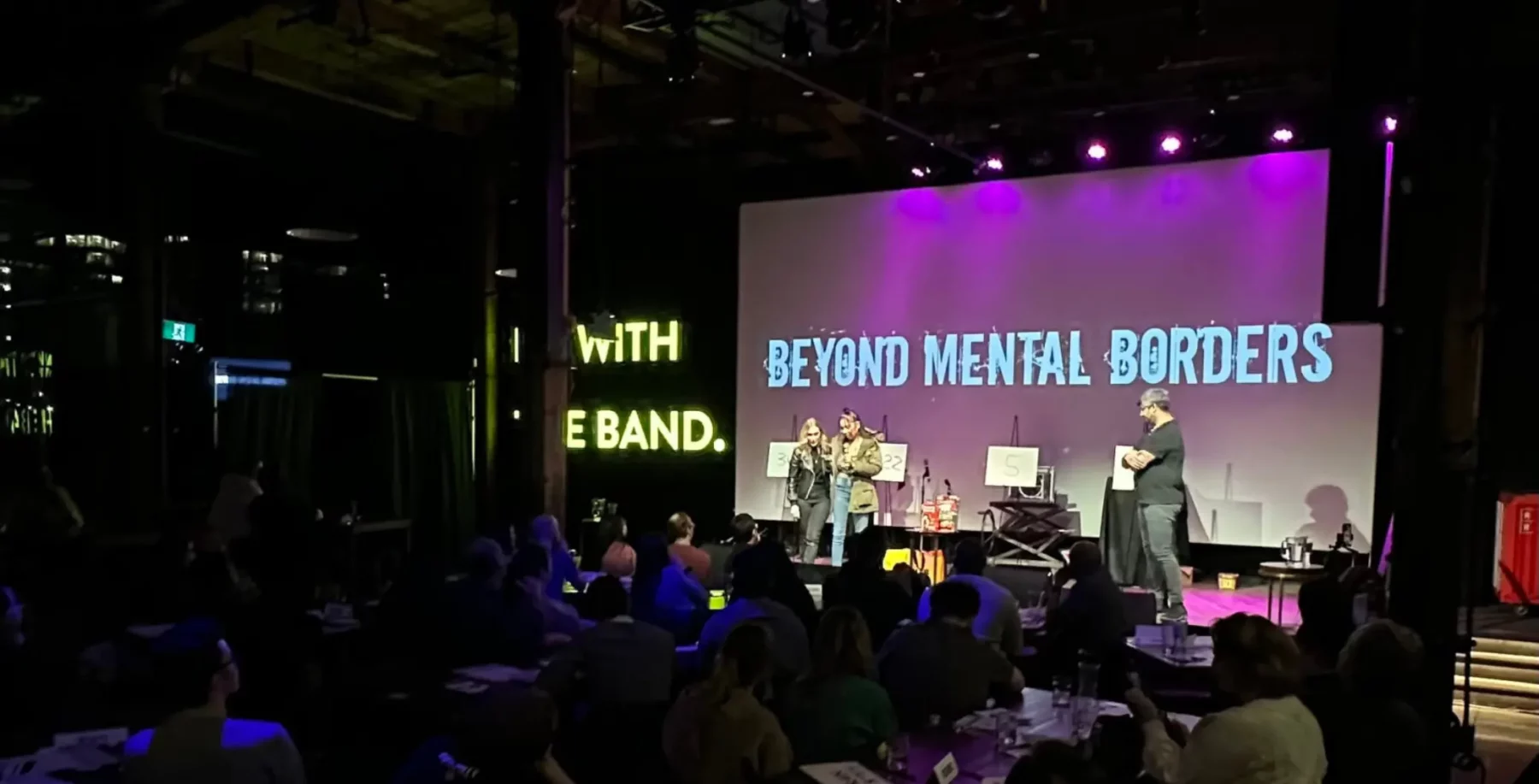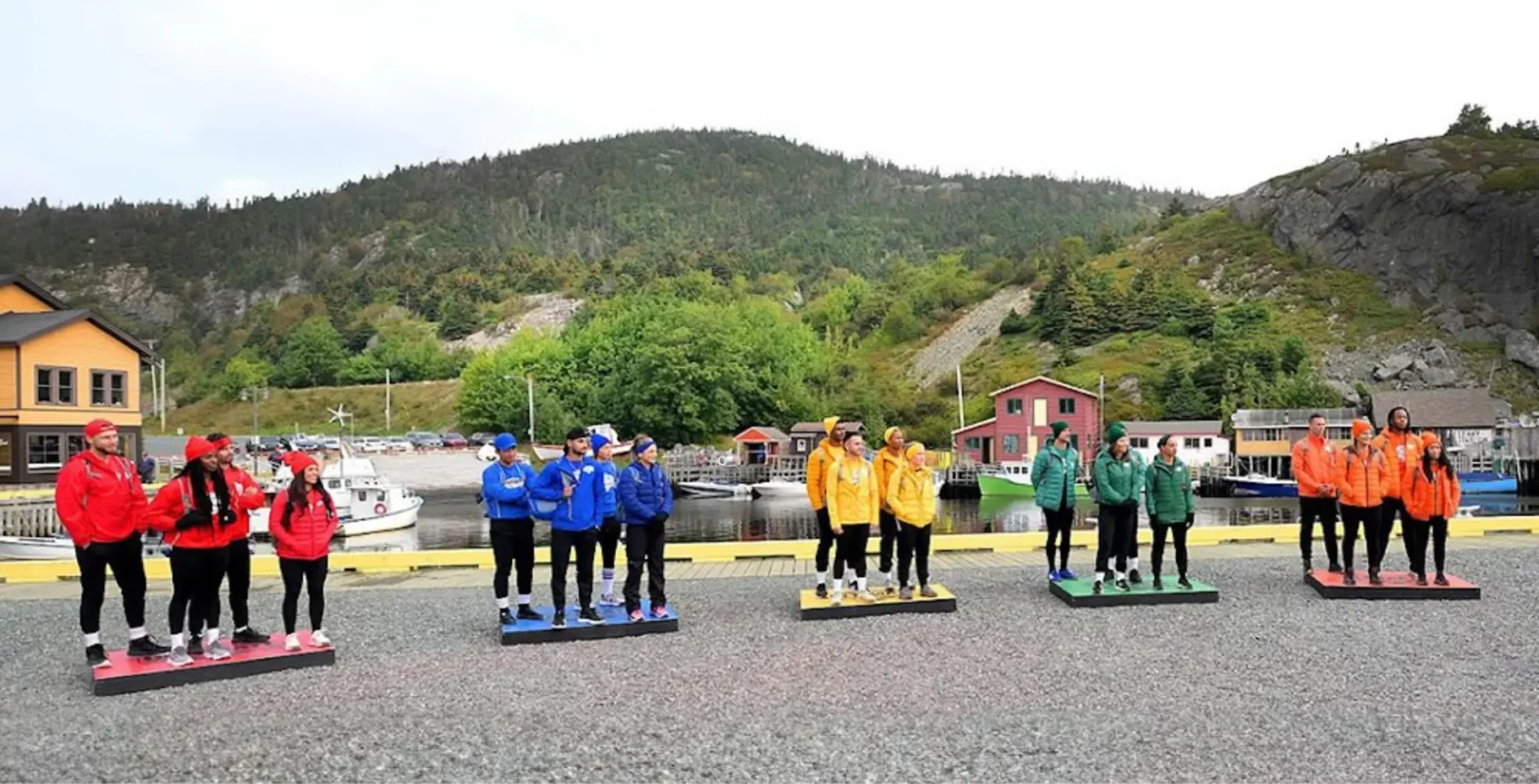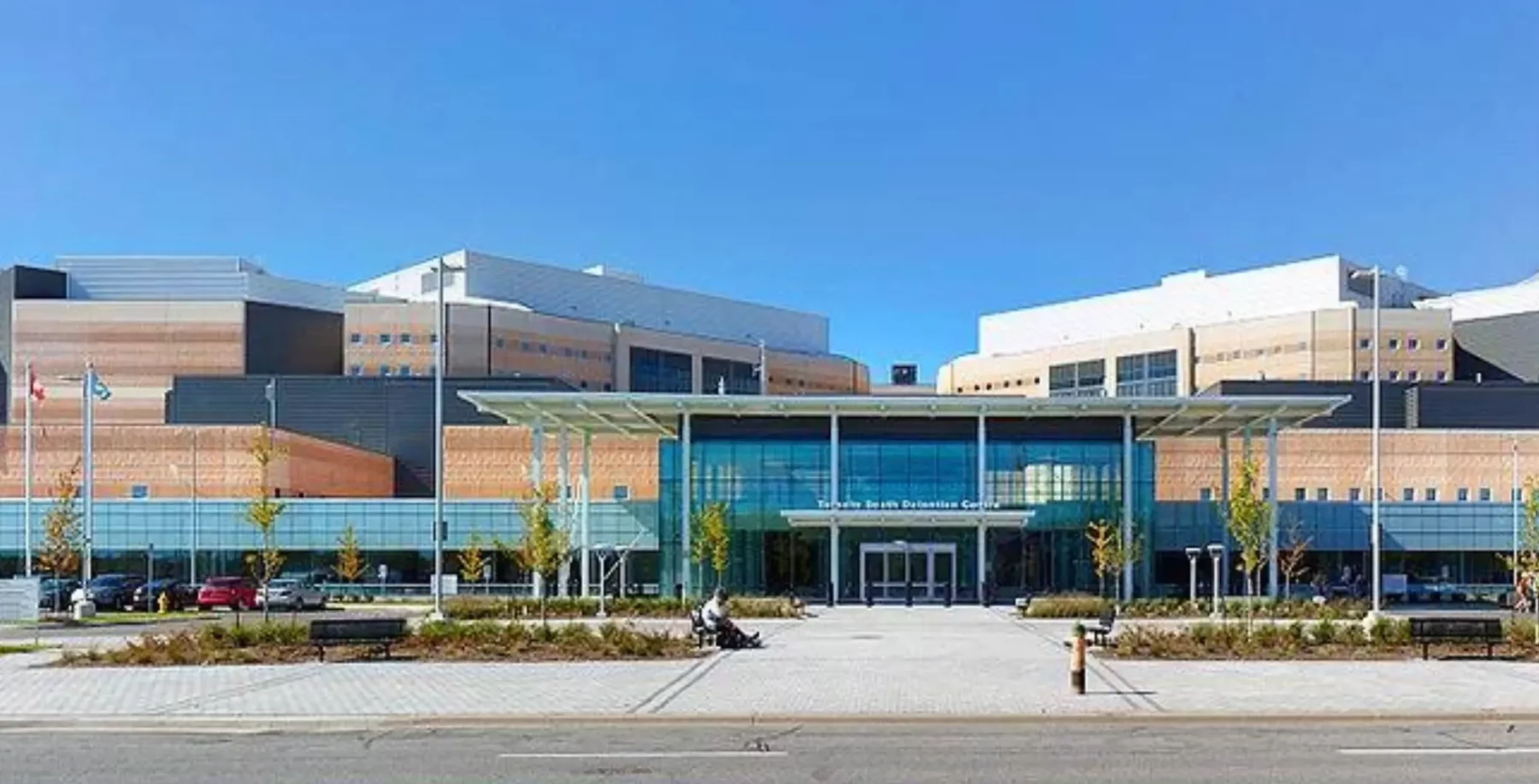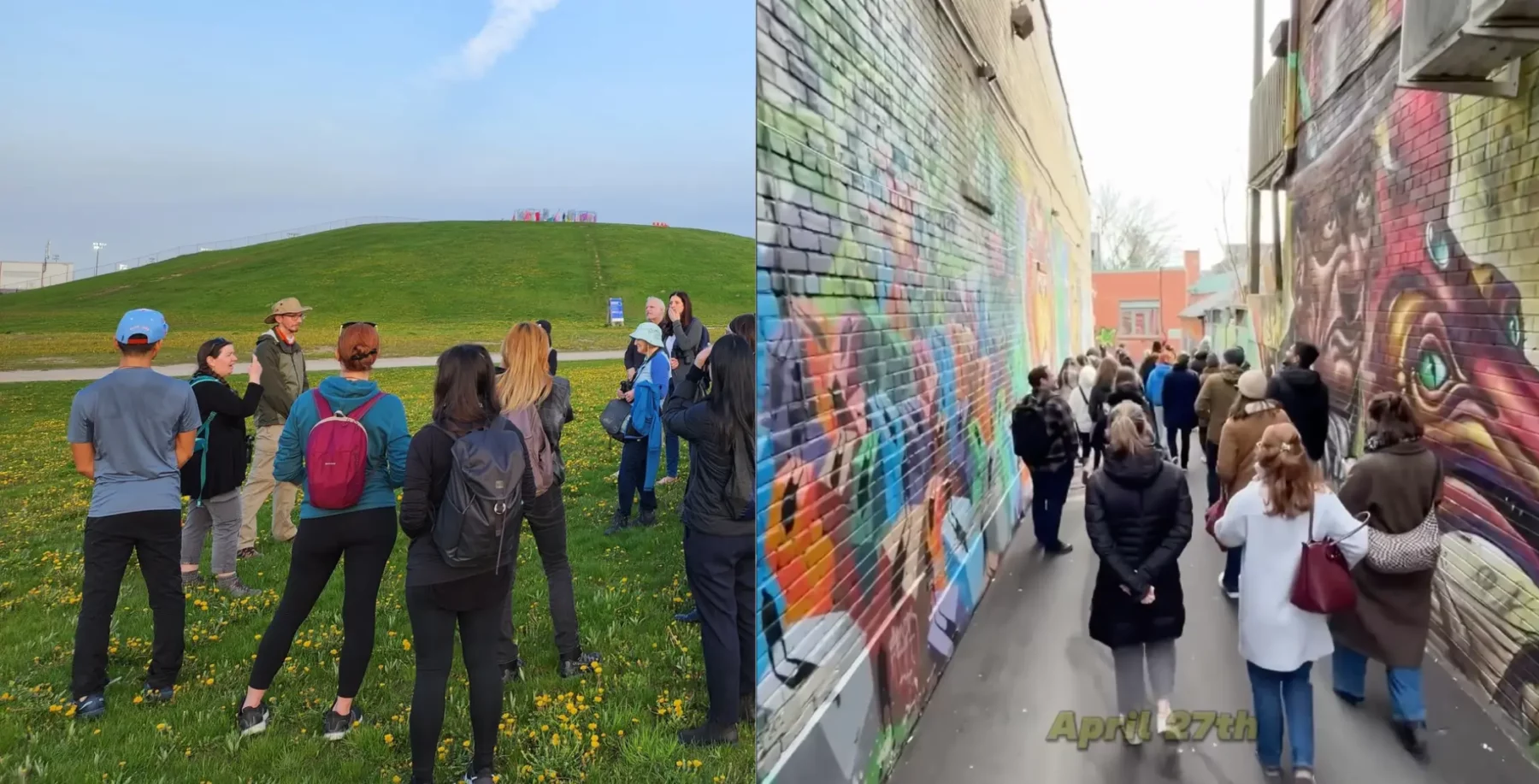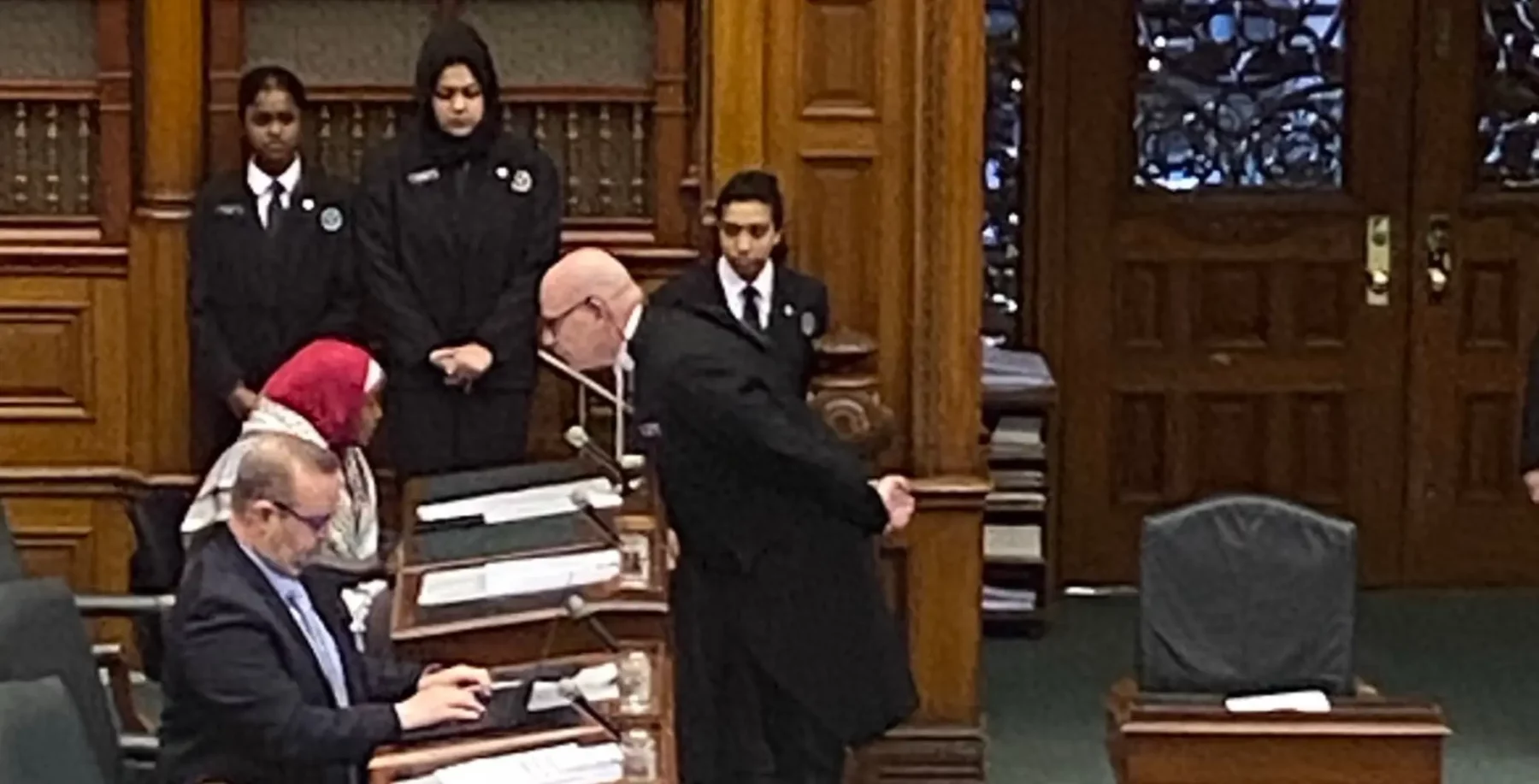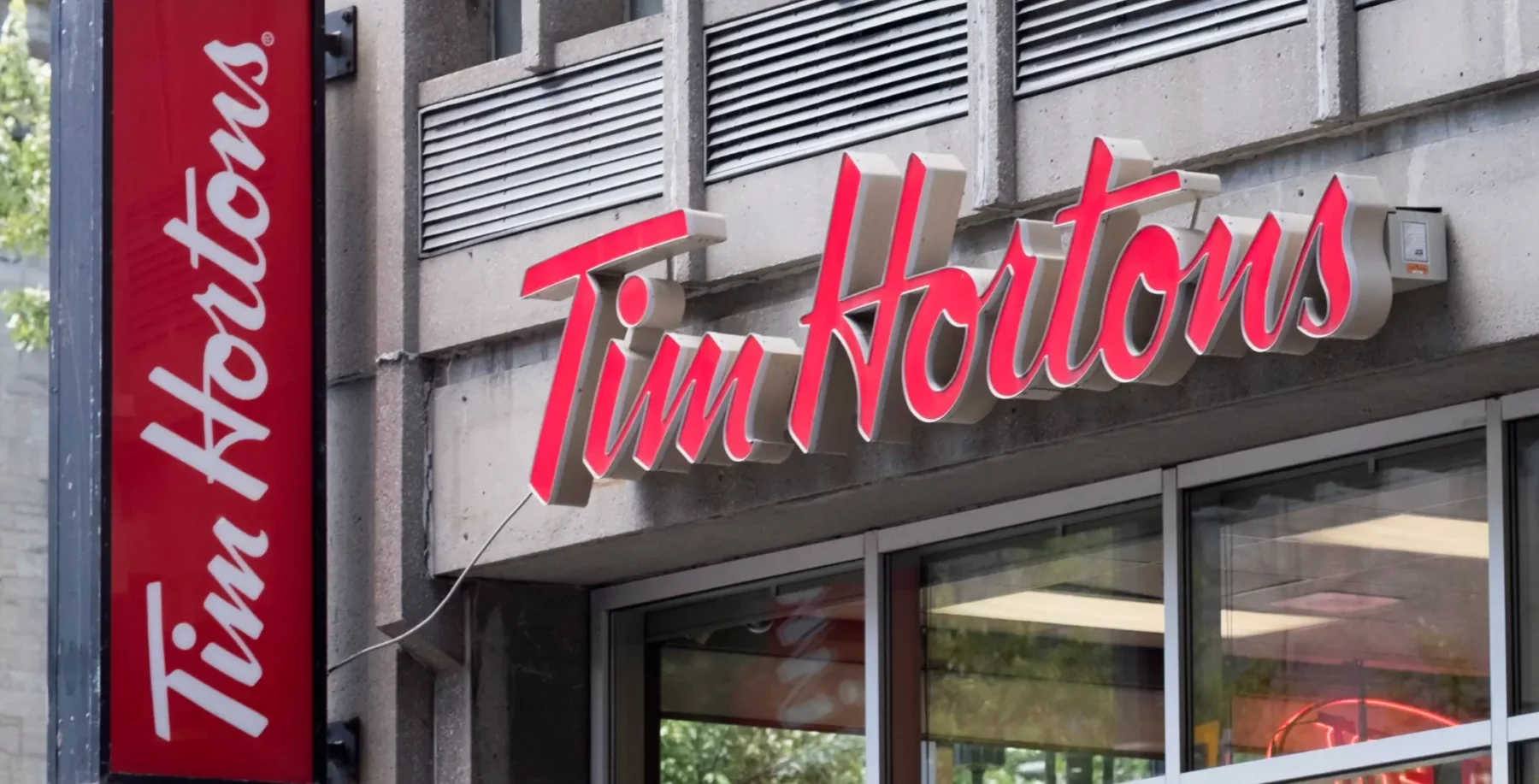
As I went about my business on the weekend, I saw a coterie of lovers and paramours agonizing over greeting cards and overheard exasperated groans from men who couldn’t secure a reservation at La Banane. The brouhaha made me sigh with relief. As a non-Valentine’s Day celebrator, I am exempt from purchasing overpriced flowers, candy and cards [FYI: Shoppers deeply discounts Valentine’s candy on February 15th]. But it got me thinking about other people who don’t celebrate V-Day in the traditional sense. What about them? What do they do to effectively navigate this egregiously heteronormative and consumeristic architecture?
I love love and love being in love. If I had a Yelp page, my exes would give me four out of five stars (okay, 3.7). But the love continuum extends beyond romance. Growing up in a Baptist church and going to a Catholic High School in Jamaica I learnt a lot about agape – the love of God for man and of man for God. But it wasn’t until I studied philosophy that I discovered eros (sexual or passionate love) storge (familial love, mainly between parent and child) and philia (deep friendship). As an only child, I crave deep friendships. But as I navigated my own version of masculinity and actively interrogated the accepted versions in the societies that I lived in (Kingston, Jamaica and Toronto) I realized that many men still find it hard to tell the other men in their lives “I love you.”
JP Richards, the founder of Toronto’s BromanceX, is investigating the same question.
During Sunday’s heavy snowfall, Richards was on the streets interviewing men about their love for the men in their lives. When asked if they would ever tell their male friends “I love you” or if their friendship was a bromance, a number had a visceral reaction. Faces contorted and bodies stiffened. “Ohh, no, no – it’s definitely not a bromance,” some said, sometimes with an adamant declaration that they would never tell their male friends that they love them. Richards discovered that men are uncomfortable with expressing love for other men in their lives, and through his BromanceX project, aims to normalize the practice.
In my group of friends, there are a few bromances and, yes, we are unencumbered in saying “I love you” after a few bourbons. But we say it when we are congratulating Stefan on his new condo or Pierre on his newborn or Omar on his marriage or Adam on his birthday. But more importantly, we say it when shit gets real. We have realized more that as we age, our male friends are important to our circle and that it is by being vulnerable that we are truly strong.
Further research led me to discover that the original Saint Valentine wasn’t just in the business of eros but also agape and storge. He was imprisoned for performing weddings for soldiers who were forbidden to marry before their mandatory 25-year service was over for [illegally] ministering to Christians within the Roman empire and according to ecclesiastical legend, healed the daughter of his jailer.
But it was Chaucer and his obsession with sexuality and the balance of power, and the subsequent popularity of chivalry, that spawned the modern ideation of Valentine’s Day being for the romantically entwined. But this concept isn’t copied and pasted the world over. India sees the celebration of Valentine’s Day as a proponent of neocolonialism. And over in Finland, Valentine’s Day is celebrated as Friend’s Day – it’s more about remembering friends and not significant others. But if I called up one of my male friends for Valentine’s Day, how weird would that be?
In the movie Buddymoon David gets jilted by his fiancée. In order to cheer him up, his would-be best man Flula convinces him that they should go on the planned honeymoon instead. It takes a lot of cajoling for David to agree. Another bromantic film, I Love You Man, sees Peter getting married [wait is there a theme here?], but he doesn’t have a best man or male friends. So he elicits advice from his gay brother Robbie on how to ask a dude out on a [platonic] man date. Robbie warns “casual lunch or afterwork drinks you’re not taking these boys to see The Devil Wears Prada.” In both, there’s an overt expression of heterosexuality to assuage the character’s yearning for a homosocial bond. In other words: no homo [sic].
But why shouldn’t I be able to tell the men in my life “I love you” without scorn or show affection to my male friends without backlash? Tom Brady kissed his dad on the lips after winning his fifth Super Bowl and Sports Twitter lost its collective mind. Brady won an “unwinnable” game after returning from Stygian doom. But the same people who cheered him on turned on him like a hungry dog after the congratulatory paternal peck.
Rap duo Rae Sremmurd appeared on the the June/July 2016 cover of The FADER resting on each other, shirtless – exhibiting the essence of #BlackBoyJoy. But mercy me! The outcry and homophobia that they received for just being affectionate biological brothers lifted the kimono on a deeper issue: there is a deep fear of black male affection within Black culture. Within other groups and cultures close male relationships may be questioned. However, it is within Black communities that we see the most vitriol and overt establishing of rules of masculinity when two men are seen as being “too close.”
Barack and Joe gave us all the feels during their eight-year bromance, but it peaked during the final Presidential Medal of Freedom awards ceremony. I’m crying now just thinking about it. It was refreshing to see Joe Biden, a man who has lost a wife and two children, but remained strong for his various held offices, openly weep. And, in the days after, he opened up about Barack’s interminable support. I want a bro who looks at me the way Joe looks at Barack.
I want to take this Valentine’s Day from the lovers (calm down, you’ll have next year) and make it about friends – especially bromances. I want men to think about the other men in their lives and show affection and love. I want us as a culture and as a nation to normalize homosocial bonding outside of the sports areas, frats and pubs. I want us to remove the perceived shame and the need to use terms like “no homo” when expressing fondness for another man and see bromances for what they truly are – camaraderie.
vaughng@nowtoronto.com | @nattyurbanite


